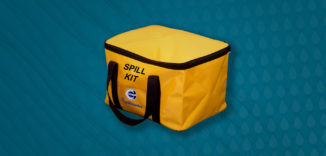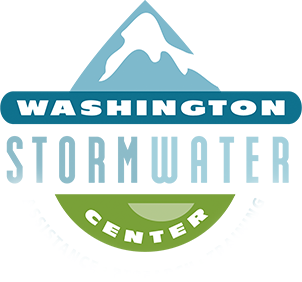There is no charge to attend, and each training session can accommodate up to 30 participants. Municipal staff from western Washington are given priority for registration (other attendees are welcome as space is available). Training dates and times are listed below. Registration is now live for the virtual trainings on the 2020 Illicit Connection and Illicit Discharge (IC-ID) Field Screening and Source Tracing Guidance Manual

News and Events
ICID Training Update
There is no charge to attend, and each training session can accommodate up to 30 participants. Municipal staff from western Washington are given priority for registration (other attendees are welcome as space is available). Training dates and times are listed below. Registration is now live for the virtual trainings on the 2020 Illicit Connection and Illicit Discharge (IC-ID) Field Screening and Source Tracing Guidance Manual
ICID Training Update
There is no charge to attend, and each training session can accommodate up to 30 participants. Municipal staff from western Washington are given priority for registration (other attendees are welcome as space is available). Training dates and times are listed below. Registration is now live for the virtual trainings on the 2020 Illicit Connection and Illicit Discharge (IC-ID) Field Screening and Source Tracing Guidance Manual
ICID Training Update
There is no charge to attend, and each training session can accommodate up to 30 participants. Municipal staff from western Washington are given priority for registration (other attendees are welcome as space is available). Training dates and times are listed below. Registration is now live for the virtual trainings on the 2020 Illicit Connection and Illicit Discharge (IC-ID) Field Screening and Source Tracing Guidance Manual
CESCL Certification
Northwest Environmental Training Center fee-based training course offerings.
Inclusive Public Engagement Strategies
Why do local government outreach efforts commonly result in public meetings attended by “the usual crowd”? The people who participate in council meetings or public hearings rarely reflect the full range of identities, ages, and perspectives within the community. This webinar will address more inclusive outreach strategies to build broad coalitions with all community members
MuniCon 2021 Virtual Conference
The goal of this conference is to provide the Washington municipal stormwater community an opportunity to communicate, coordinate, and exchange approaches and tools for addressing priority issues and challenges faced by municipal stormwater permitees in Eastern and Western Washington. MuniCon 2021 is scheduled for April 5-8, 2021 as an on-line conference.
Student/State Agency/Government/Stormwater Member/Permittee Price – $50
Consultant Price – $100
REGISTER HERE
Interested in becoming a sponsor?
Contact Alyssa Herandy, WSU Professional Education (253) 445-4631 to discuss how you can provide financial support for this conference. While Municon 2021 is supported by grant partnerships, we rely on the generosity of our sponsors to help cover non-supported expenses. Thank you to our Stream Level Sponsors HDR Engineering and Landau Associates, Inc. for their generous support!
Questions about the conference? Reach out and let us help.
Laurie Larson-Pugh
Municipal Resource Program Manager
(253) 445-4593
Climate Change Impacts to Stormwater
Join Forester University for this live, educational webinar as prolific speaker Douglas Beyerlein (PE, PH, D.WRE) discusses how climate change impacts stormwater runoff, how to account for these changes in the design of stormwater and flood control facilities, and how secondary effects—such as sea-level rise—indirectly influence stormwater runoff as well.
Toxic Floodwaters Webinar: Environmental Justice and Chemical Disaster
On October 20, you will hear from leading experts on public health, environmental justice, and community-based research. you will learn about a collaborative, stakeholder-led research project to prevent chemical releases during storm surges and flooding in one New York City neighborhood — and how this community-centered approach can be replicated in other cities and towns throughout the country. You will also hear about the public health risks of exposure to fugitive chemicals, the federal and state laws that determine how hazardous chemicals are stored, and efforts to advocate for climate resilience policies. Free

A Spill Kit Program Success Story
October 12, 2020
Washington Stormwater Center Internal Cooperation to Meet Permit Requirements According to section S5.A.5.b of the Western Washington Phase II Municipal Stormwater Permit, Permittee’s Storm Water Management Plans shall include coordination […]


